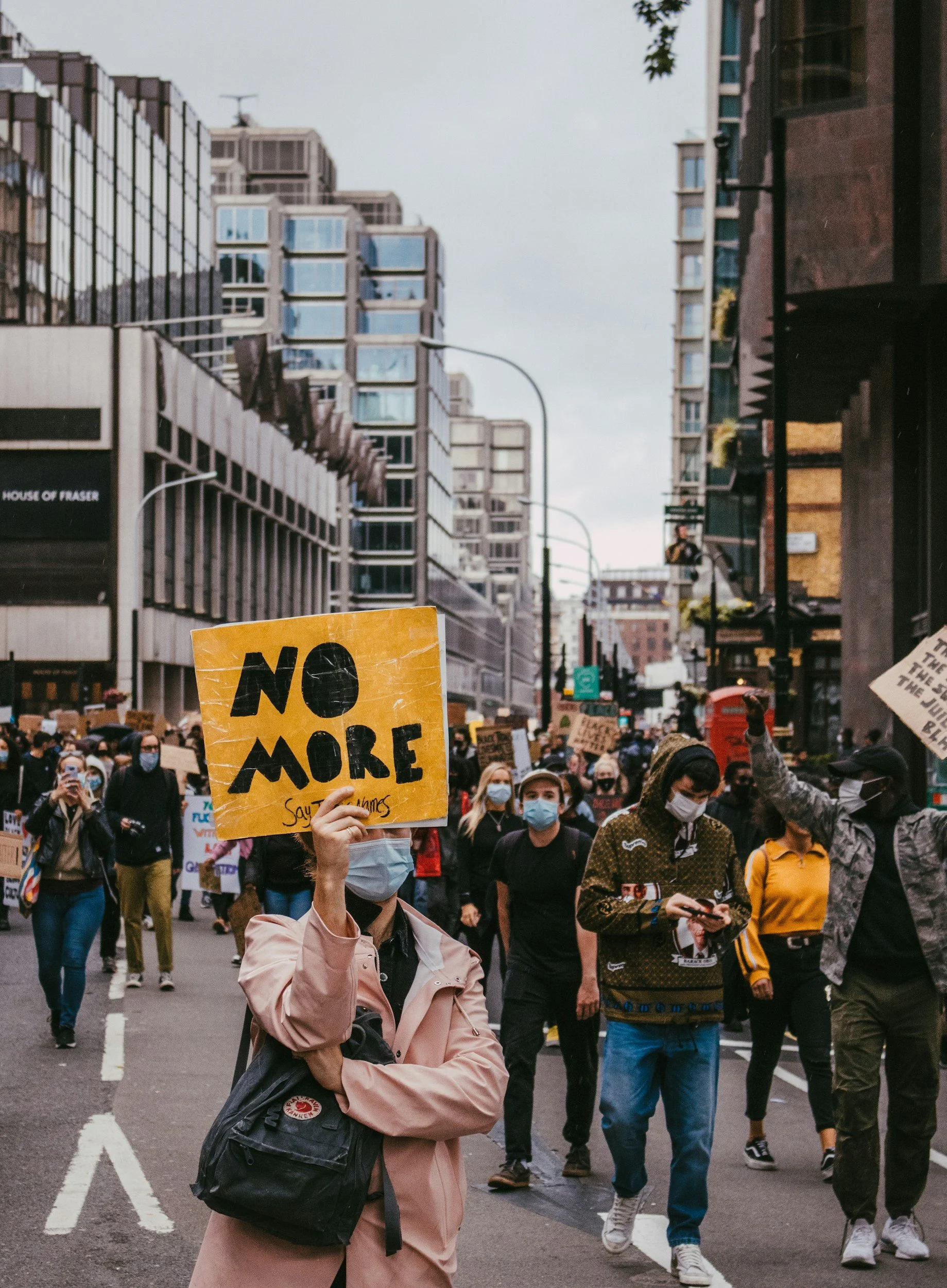Changing the World by Changing Ourselves: An Inside-Out Approach to Social Action
With all of the social, political, economic, and ecological crises we currently face, many people are wondering how they can make a positive impact on their surroundings. What can I do to make a difference in this messed up world?
Conventional logic points to action: we must exert a force upon the world in order for it to change. “DO SOMETHING! IF YOU DON’T ACT, NOTHING WILL CHANGE!” is the mantra deeply entrenched in our belief system.
Yet we are moving into a new paradigm as a collective that introduces a new possibility. Whereas the current conventional paradigm is undergirded by Newtonian thinking, the new paradigm resonates more with quantum; the former asserts a mechanistic view of the world consistent with materialist science, while the latter allows for a systemic, interconnected view of the world that circles back to spirituality.
For ages, spiritual traditions have put forward the powerful proposition that the outer world is a reflection of the inner world. We create the world from our own consciousness. Or, as some see it, the objective world is an amalgamation of each person’s consciousness; the truth is divided into many perspectives, the sum of which adds to a single shared reality.
From this perspective, we each hold the potential to change the world by changing our own consciousness: transformation from the inside-out. This is fundamentally different, but not completely disconnected from, the notion that we must act upon the world for it to change. The spiritual perspective suggests that by changing our consciousness, we see more clearly how to act in each moment in a way that aligns with the highest good.
The Paradox of Acceptance
So, how do we change the world by going inside? Let’s start with reflecting on how to change anything, or rather, how to transform anything.
Again, conventional reason assures us that we must exert force or some type of control in our lives to change it. While this may be true in a sense, and often produces temporarily satisfying results, the consciousness we are using to create change matters a whole lot. If there is strong attachment to the outcome — “I need this to change or else… [I won’t be okay!]” —oftentimes the outcome we desire never manifests. If we’re lucky enough to achieve the outcome we desire, we get caught in a duality where we will continue to use control and force towards similar situations in the future. We never really transformed what we’re trying to control; instead, we’ve given it more power and invited it to return again wearing different clothing. As the adage goes, what we resist persists. Transformation comes when we fully accept something.
The same is true on an interpersonal level. Have you noticed this in your life? The more we try to change someone else, the less likely they are to change. Behavioral science reminds us of this truth. Paradoxically, accepting someone as they are creates the proper conditions for change to naturally occur.
Contemplate how these principles manifest on a larger scale. What happens when we “fight” hate or “battle” climate change? When we go to “war” with cancer or seek to “eradicate” racism? While the intentions may be good, we place ourselves in an unfortunate duality. What we do not accept continues to be a problem. What we desire to “not have” is the very thing we continue to have.
I am not suggesting here that we should then resign to climate change, cancer, or racism, or do some sort of witchcraft open-heart meditation and hope these problems will magically disappear. Instead, there is a different type of orientation we can have towards our problems that may make a radical difference.
That orientation is an acceptance of the now of these problems. In the now, everything exists exactly as it should — how could it not? It is happening. That is not to say it will continue to be so in the future. However, the consciousness we bring to the now, including a state of acceptance, provides the most leverage for future change to occur.
Taking Personal Responsibility
The spiritual teacher Byron Katie teaches us that our suffering as humans comes from believing things “should” be any way other than how they currently are (this wisdom comes not just from Katie, but countless other wise beings. I just love the simplicity Katie uses to convey this). Katie teaches us to stop trying to change other people and, by extension, the world.
That does not mean we cannot alter the world through our consciousness. Importantly, Katie also shows us how out beliefs about how other people and the world “should” be is, in fact, how we should be; we project our own shadow and areas for growth onto other people and the world. Through Katie’s “turn arounds,” we begin to notice this with an almost untamable sense of laughter and humility.
So, to change the world we really “should” start with ourselves. Am I criticizing those other guys as hateful, racist, climate polluters, war mongers, socialists, communists, or any other judgment? Well, these judgments come from somewhere. They come from inside. I need to look at myself and accept those things about myself.
We can each take responsibility for fixing up ourselves, first, before criticizing others or trying to fix them. In this way, we begin to change our own consciousness. By accepting ourselves, we can bring more acceptance to the world. As each person changes their consciousness, we co-create a different reality together. This is how we change the world by changing ourselves.



